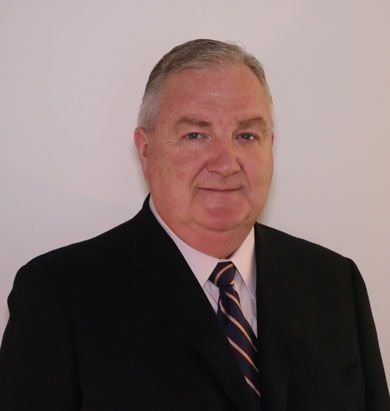.jpeg) If you have been injured in a car accident that was caused by someone else, you may be entitled to compensation. Generally, the at fault party’s auto insurance company pays the compensation. The amount of compensation is determined by several different factors. The medical records and bills are very important pieces of evidence in assessing the value of compensation for not only the accident victim and his/her attorney, but also the auto insurance company and their adjusters.
If you have been injured in a car accident that was caused by someone else, you may be entitled to compensation. Generally, the at fault party’s auto insurance company pays the compensation. The amount of compensation is determined by several different factors. The medical records and bills are very important pieces of evidence in assessing the value of compensation for not only the accident victim and his/her attorney, but also the auto insurance company and their adjusters.
Since the medical records and notes will be reviewed thoroughly by the auto insurance company’s trained adjusters, it is important to understand, at the very beginning of your claim, how your medical records may be used against you in a Massachusetts personal injury claim and how to avoid this pitfall.
Your Statements to Doctors Could be Used Against You
When you see your physician for an examination or treatment after an accident, the doctor talks with you and does their testing and evaluation. After the meeting, the doctor usually goes to another office and dictates his version of the facts as heard from you. Then, those words are transcribed by someone in the office which becomes part of your permanent medical records.
One of the most important pieces of advice I give to new clients is to be careful what you say to your medical providers, doctors, specialists and/or physical therapists during the course of your treatment. It’s important to be careful because, generally, insurance companies rely almost exclusively on medical notes in scrutinizing the extent of injuries and the value to be assigned on the case.
When insurance companies evaluate a case for settlement, they go page by page, line by line through the medical notes. Our office does the same. But insurance companies are looking for things in those notes to use against you or to justify a lower settlement offer. Some things insurance adjusters look for include:
- statements that could provide evidence that the injury was pre-existing.
- statements from the client/patient that are inconsistent with the version of the accident.
- statements that reduce the extent of the client’s injuries.
- statements about other activities that could be blamed for the pain, discomfort, or need for treatment.
The point of this article is not how to make a case where one doesn’t exist. The point is to shed light on how making innocent mistakes could have a negative impact on your case in a big way.
Let’s take a look at an example. A man was injured in a rear-end collision. The other driver was clearly at fault; thus liability was not at issue. This man suffered injuries to his back and neck in the crash. He saw his primary care physician and was referred to physical therapy. During treatment, this man tells his doctor that he has been going to the gym to workout with weights. The doctor records that statement in the patient’s medical records. At the conclusion of treatment, the medical records and bills are compiled and submitted to the auto insurance company with a demand for settlement. When the insurance adjuster reviews the medical records to evaluate the claim, they see that the client was going to the gym and working out with weights. The insurance company used that statement in the medical records to minimize the pain our client complained of and as a likely cause of the continued discomfort.
These are the types of things they look for to blame something or someone else for the injury and/or pain to justify low settlement offers. This is why you need to be cautious about the information you share with your doctors and medical providers if you have a pending personal injury claim or lawsuit.
What You Should and Shouldn’t Tell Your Doctor?
Your focus during any examination or treatment should be on your injuries from the accident and how it affects everyday activities, such as walking, sleeping, sitting, driving, etc. It is unnecessary to give information about your social activities. If you are claiming significant injuries and the medical records note you attended a wedding, for example, you can be sure the insurance company, through defense counsel, will attempt to obtain a copy of that wedding video.
A while back we represented a woman who came to our office right before the statute of limitation was about to run out on her case. We made sure first to protect her rights and then went about collecting all her medical bills and notes related to the injuries she suffered in the crash. Going through her medical notes, we noted that there were statements that she went on vacation with her friends to South American to go hiking and that she flew to a wedding on the west coast. She even stated that she would experience pain when taking a “combat class” at her gym. These were some of the toughest to deal with, but there were many more examples of social activities.
While we were able to obtain fair compensation for this client, the insurance adjuster and their counsel used these statements and notes in the records during the negotiations to their benefit. Statements like these make it difficult to persuade an insurance company to fully compensate you for your injuries.
Of course, you should live your life. No one expects you to avoid friends and family or deprive yourself of activities or events simply because of an injury sustained in an accident. Just stay focused. Be focused on why you are at the medical provider’s office and what will be incorporated into your medical records

 Don’t forget, for answers to many questions and great information on how to get the best possible settlement in your accident case, get a copy of our book:
Don’t forget, for answers to many questions and great information on how to get the best possible settlement in your accident case, get a copy of our book: 